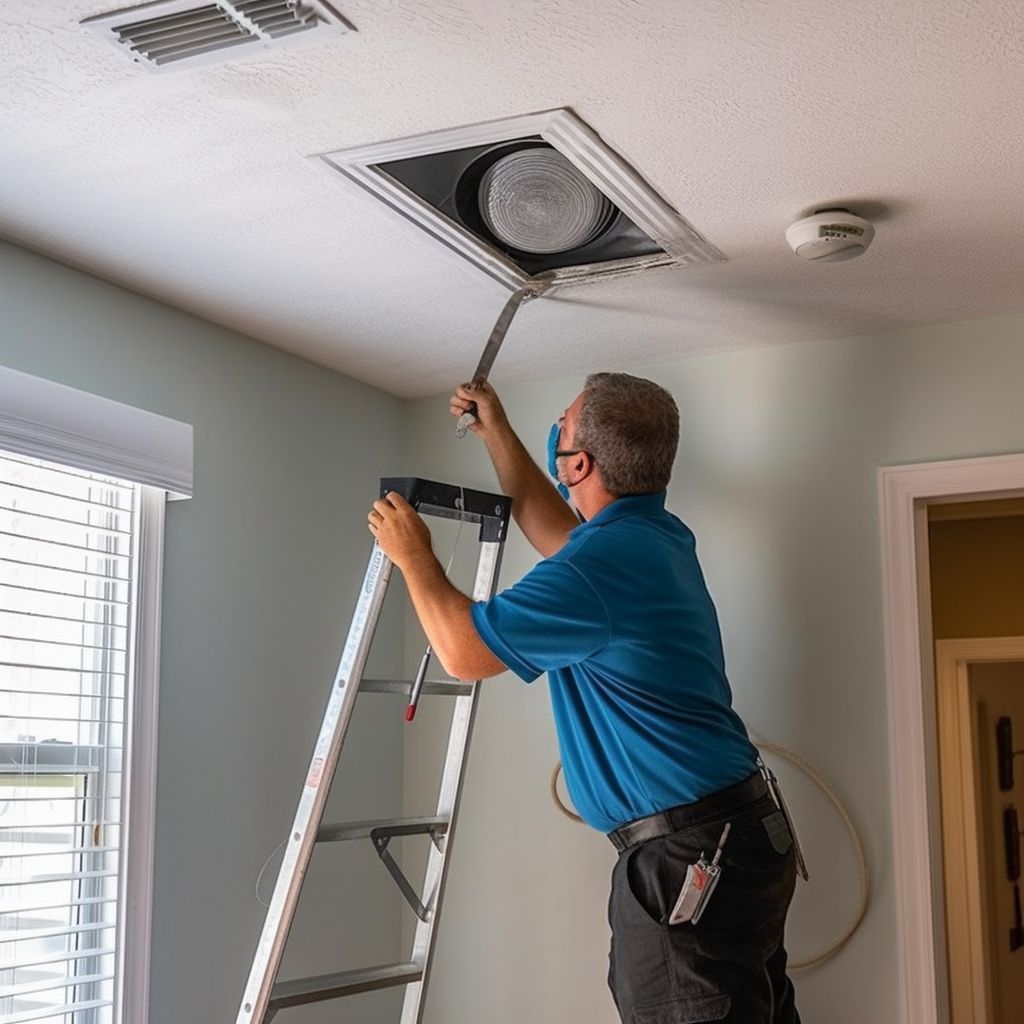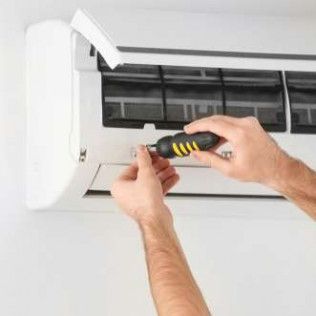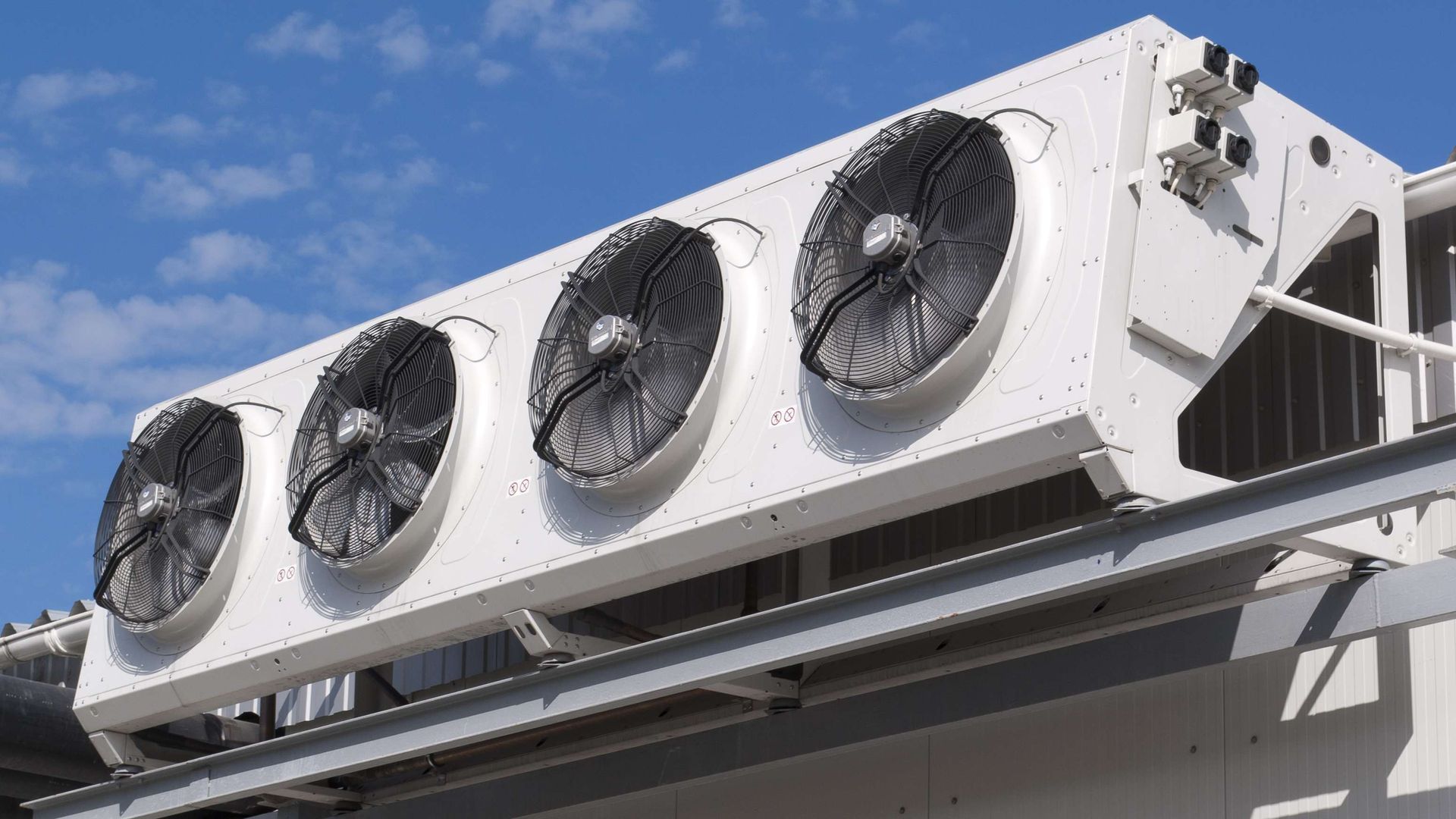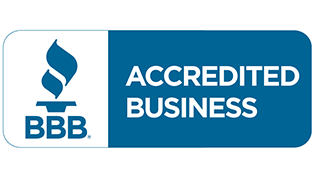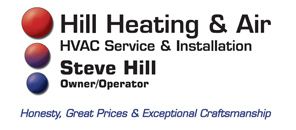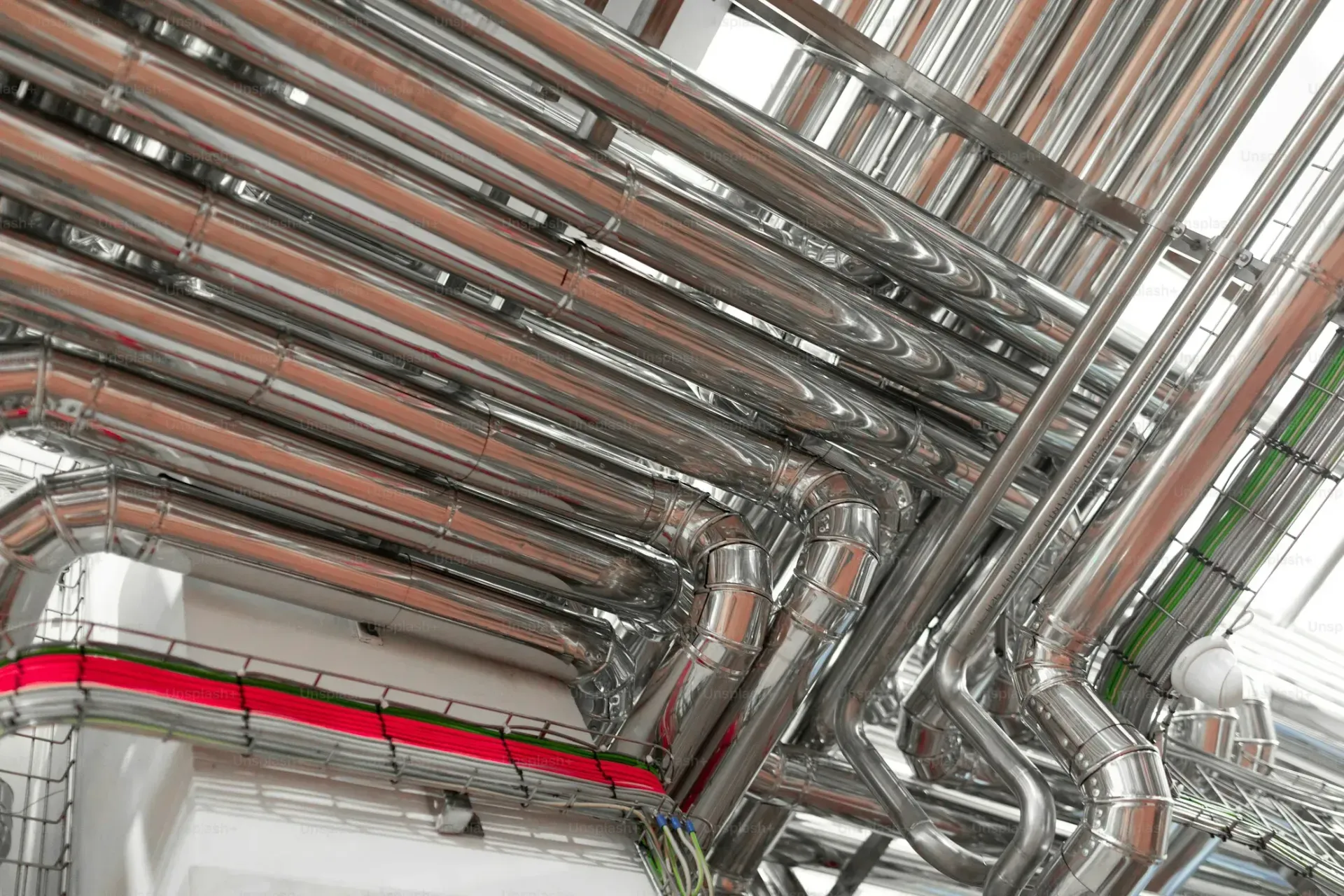
Furnace Tune-Up: What It Is and Why You Need It
A furnace tune-up is a must for keeping your home warm and safe. It helps your heating system work better and lasts longer. Regular tune-ups can stop problems before they start, save energy, and keep your furnace in good shape. This guide will break down what a furnace tune-up is, why you need one, and how often to get it done.
What is a Furnace Tune-Up?
A furnace tune-up is a thorough check-up of your heating system. During the tune-up, a technician inspects and cleans the furnace to make sure everything is working right. They look for any problems and fix them before they become bigger issues. The goal is to keep your furnace running smoothly and efficiently.
Why is a Furnace Tune-Up Important?
A furnace tune-up is important for several reasons:
- Energy Efficiency: A well-maintained furnace uses less energy, which means lower utility bills.
- Safety: Regular tune-ups help detect any safety issues, like gas leaks or faulty wiring, reducing the risk of dangerous situations.
- Longevity: Keeping your furnace in good condition helps it last longer, saving you money on costly replacements.
- Cost Savings: Preventing breakdowns and improving efficiency means fewer repairs and lower energy costs over time.
What Does a Furnace Tune-Up Include?
During a furnace tune-up, a technician performs a series of detailed tasks to ensure your heating system is running efficiently and safely. Here's what is typically included:
- Checking the Thermostat Settings: The technician makes sure your thermostat is accurate and functioning correctly. This ensures your furnace maintains the desired temperature, improving comfort and efficiency.
- Inspecting Electrical Connections: All electrical connections are checked and tightened. Loose connections can cause unsafe operation and reduce the lifespan of major components.
- Lubricating Moving Parts: The motor and other moving parts are lubricated to reduce friction. This helps prevent wear and tear, ensuring smooth operation and extending the life of these components.
- Checking and Replacing Filters: Dirty filters restrict airflow, making your furnace work harder and less efficiently. The technician will check the filters and replace them if necessary. Clean filters improve air quality and ensure your furnace runs efficiently.
- Inspecting the Heat Exchanger: The heat exchanger is checked for cracks or damage. A damaged heat exchanger can lead to carbon monoxide leaks, which are dangerous. Ensuring it's in good condition helps keep your home safe.
- Cleaning the Burners: Burners are cleaned to ensure they burn fuel efficiently. Dirty burners can cause poor combustion, leading to wasted energy and potential safety hazards.
- Checking the Ignition System: The ignition system is inspected and tested. Proper ignition ensures the furnace lights reliably and operates safely.
- Testing the Safety Controls: All safety controls, such as the limit switch and safety shut-offs, are tested to ensure they function correctly. These controls are crucial for preventing dangerous situations, such as overheating.
- Inspecting the Flue and Venting System: The flue and venting system are checked to ensure there are no blockages or leaks. Proper venting is essential for safely removing exhaust gases from your home.
- Checking Airflow and Blower Motor: The airflow is tested to ensure there are no obstructions. The blower motor is inspected to ensure it operates efficiently. Proper airflow is key to heating your home evenly and efficiently.
This comprehensive tune-up improves efficiency, enhances safety, and extends the lifespan of your furnace. Regular maintenance helps your furnace run smoothly, saves on energy bills, and prevents costly repairs by catching issues early.
How Often Should You Get a Furnace Tune-Up?
It's recommended to get a furnace tune-up once a year, ideally in the fall before the heating season starts. Regular yearly maintenance helps ensure your furnace is ready to handle the cold months efficiently and safely.
Signs that indicate it’s time for a tune-up include:
- Uneven Heating: If some rooms are warmer or cooler than others, your furnace might not be working properly.
- Unusual Noises: Strange sounds like banging or rattling can signal a problem.
- Higher Energy Bills: A sudden spike in your heating bills can mean your furnace is not running efficiently.
- Frequent Cycling: If your furnace turns on and off more frequently than usual, it could need maintenance.
Regular tune-ups help catch these issues early, keeping your furnace in top condition and ensuring a comfortable home.
Conclusion
Bottom line: Regular furnace tune-ups are essential for keeping your home warm, safe, and energy-efficient. They help prevent breakdowns, extend the life of your furnace, and save you money in the long run.
In summary, a furnace tune-up includes checking and adjusting the thermostat, inspecting and tightening electrical connections, lubricating moving parts, cleaning and inspecting key components, and ensuring proper airflow. Scheduling an annual tune-up can catch potential issues early and keep your system running smoothly.
Ready to get your furnace in top shape? Contact Hill Heating and Air for professional furnace tune-ups. Serving South Jordan and Salt Lake City, Hill Heating and Air offers competitive services, including:
- HVAC Contractor
- AC Installation and Replacement
- AC Repair
- AC Maintenance
- Heating Installation and Replacement
- Heating Repair
- Heating Maintenance
Ensure your home stays warm and comfortable. Call Hill Heating and Air today!
Contact Us
Contact Us
We will get back to you as soon as possible.
Please try again later.
HILL HEATING & AIR, LLC
South Jordan, UT 84095
CALL US
Phone: (801) 860-0655
HOURS | 24/7 AFTER HOURS AND WEEKENDS
- Mon - Fri
- -
- Sat - Sun
- Closed
HILL HEATING & AIR, LLC
Salt lake city , UT 84130 United States of America
CALL US
Phone: (801) 860-0655
HOURS | 24/7 AFTER HOURS AND WEEKENDS
- Mon - Fri
- -
- Sat - Sun
- Closed
Copyright © 2023 Hill Heating & Air, LLC, all rights reserved.

